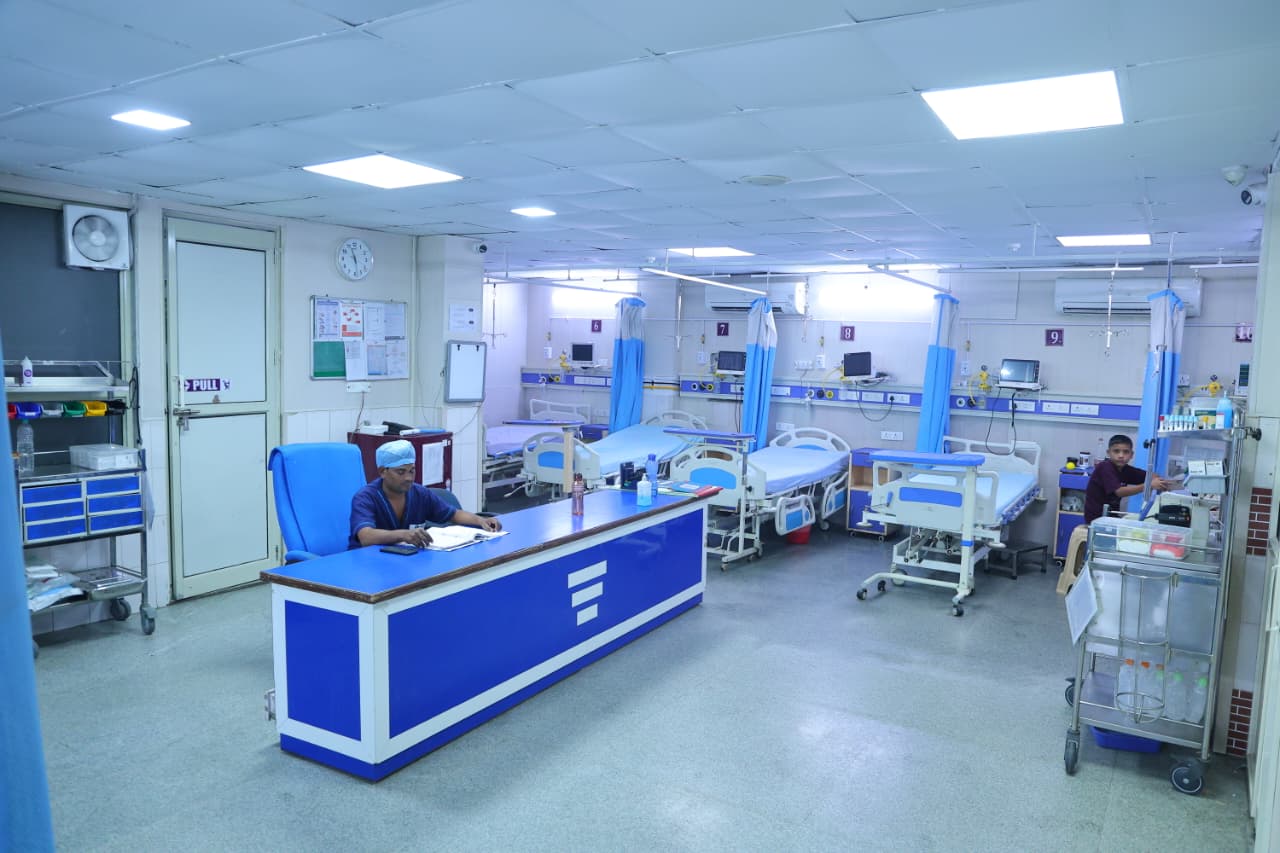
In the high-pressure world of healthcare, clinical
expertise alone isn’t enough. Hospitals need strong, adaptive, and
emotionally intelligent leaders at every level—from department heads to
nursing supervisors to hospital administrators. Yet, leadership development in
the healthcare sector is often overlooked or underfunded.
This blog explores why leadership training is
not just valuable, but essential for hospitals to thrive in today’s
fast-changing and complex environment.
1.
Healthcare Is a Team Sport—And Teams Need Leaders
Hospitals operate through interdependent teams of
doctors, nurses, technicians, and administrators. When leadership is weak:
- Teams become disorganized
- Communication breaks down
- Patient care suffers
Effective leaders build trust, coordinate care,
and create a culture of accountability, all of which are vital for
delivering safe and efficient services.
2. Crisis
Management Requires Confident Leadership
From pandemics to power outages to medical errors,
hospitals frequently face crises. Trained leaders:
- Stay calm under pressure
- Communicate clearly with staff and patients
- Make fast, ethical decisions
Leadership training equips hospital staff to
respond not just with urgency—but with clarity and confidence
3.
Improved Patient Outcomes
Research shows that strong clinical leadership
correlates with better patient outcomes. Leaders set the tone for:
- Following clinical protocols
- Prioritizing patient safety
- Maintaining high documentation standards
When leaders model best practices, others
follow—leading to measurable improvements in care quality.
4. Better
Staff Morale and Retention
The healthcare industry faces rising burnout and staff
turnover. A supportive leader:
- Listens and motivates
- Respects work-life balance
- Provides mentorship and growth opportunities
Leadership training helps current and emerging
leaders understand how to empower their teams, reduce friction, and
create healthier workplace cultures.
5. Change
Is Constant in Healthcare
From new government regulations to EHR system
upgrades to value-based care models—hospitals are in perpetual change mode.
Change initiatives often fail due to:
- Resistance from staff
- Poor communication
- Lack of vision from leadership
Training helps leaders navigate resistance,
communicate benefits, and execute change initiatives smoothly
6. Leadership Can—and Must—Be Learned
Contrary to popular belief, leadership isn’t just a
personality trait—it’s a skillset that can be taught, practiced, and refined.
Training can include:
- Communication and conflict resolution
- Strategic thinking and decision-making
- Emotional intelligence and resilience
- Ethical and legal awareness in healthcare
When leadership training is structured and ongoing,
it creates a pipeline of capable leaders ready to step up when needed.
7.
Accreditation Bodies Expect Leadership Development
Organizations like NABH and JCI consider
leadership and governance a core standard. Hospitals that invest in leadership
development are more likely to:
- Perform better during audits
- Maintain compliance
- Meet quality benchmarks consistently
Leadership training is not a luxury—it’s a strategic
necessity for hospitals that want to deliver safe, high-quality, and
patient-centered care. By developing capable, compassionate leaders, hospitals
can build stronger teams, improve outcomes, and prepare for whatever
challenges the future holds.
Recent Posts

Get Free
Consultations
Special Advisors









Future of Hospital Design in India